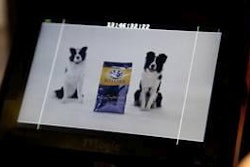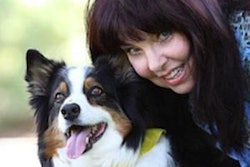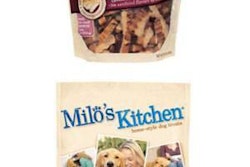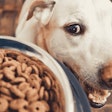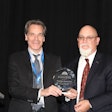The American Feed Industry Association hosted its annual Pet Food Conference, along with the Poultry Protein & Fat Council, at the International Production and Processing Expo, drawing 25 percent higher attendance than in 2012.
The day-long conference featured a variety of experts discussing topics impacting today’s petfood and petfood ingredient manufacturer.
Key speakers included representatives of the Center of Disease Control, the US Food and Drug Administration, the Association of American Feed Control Officials and the American Meat Institute, among others.
One of the featured speakers was Dr. Dan McChesney , director, Office of Surveillance and Compliance, at FDA’s Center for Veterinary Medicine. Dr. McChesney gave a detailed update on the Food Safety Modernization Act and the upcoming petfood rules.
Another highlight was the third-party certification panel, which featured Keith Epperson, vice president of manufacturing and training, AFIA; Josey Byrne, certification manager, Eurofins Scientific; and Henry Turlington, quality and food safety director, The Nutro Company. Epperson and Byrne detailed the AFIA facility certification process, called the Pet Food Manufacturing Facility Certification Program, while Turlington detailed the process from the applicant’s experience.
Additionally, a session, entitled Post California Prop 37 – What Now? , was presented by Ab Basu, managing director of state affairs at Biotechnology Industry Organization. The American Meat Institute’s Janet Riley, senior vice president of public affairs and member service, detailed the crisis communication strategy during the 2012 lean, finely textured beef scare.
The Pet Food Conference took place at the International Production & Processing Expo, held January 29-31, in Atlanta, Georgia, USA.


